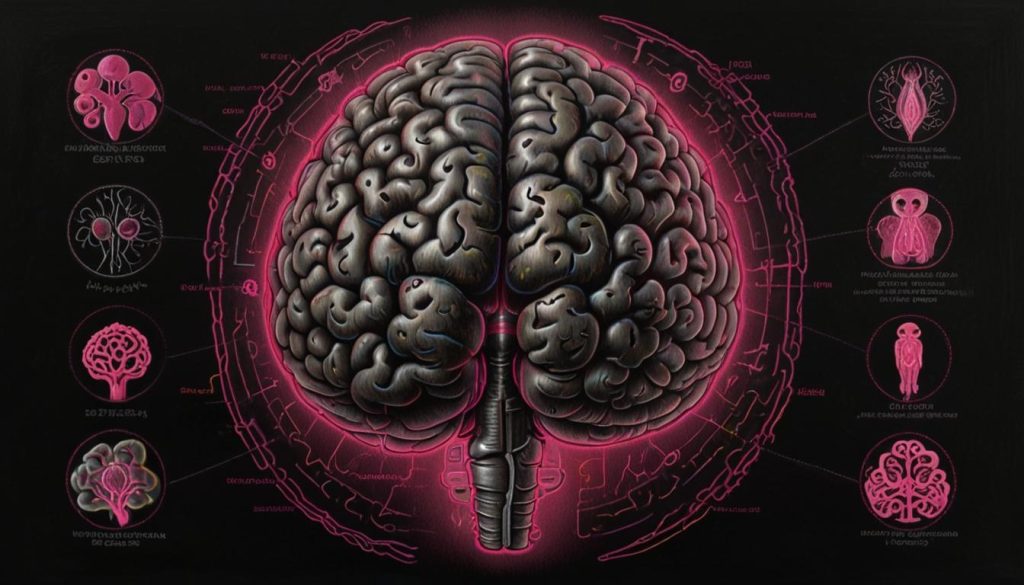Scientific studies confirm that humans use all parts of their brain daily, debunking the myth of only 10% usage. Understanding the importance of brain health maintenance through sleep, mental and physical exercise, nutrition, and stress management highlights the holistic care needed for optimal brain function.
Dispelling the Myths: Full Brain Usage Confirmed by Science
ALBANY, Ga. — June 11, 2024 — The long-standing myth that humans only use 10% of their brains has been debunked by scientific studies. Evidence confirms that all parts of the brain have functions and are used daily, with some areas becoming even more active during sleep. This revelation underscores the importance of brain health maintenance through various lifestyle choices.
The Brain’s Nightly Work
Contrary to the belief that the brain rests while we sleep, it actually engages in vital processes. During this period, the brain recharges, reorganises, and removes accumulated toxins. Without sufficient sleep, typically seven to eight hours for adults, the brain struggles with concentration, memory, and quick responses.
“Sleep is crucial for memory improvement and reducing mental fatigue,” emphasises Dr. Samara Sterling, a nutrition scientist. Adequate sleep also bolsters heart health and the immune system.
Engaging in Mental Exercise
Active cognitive engagement is essential for sustained brain function. Research from Harvard Health suggests that mentally stimulating activities foster new nerve cell connections and potentially aid in generating new ones. Activities such as crossword puzzles, Sudoku, memory quizzes, and learning new skills like playing an instrument or practising yoga are beneficial.
Physical Exercise’s Role in Brain Function
Physical exercise profoundly impacts brain health, enhancing the volume of areas associated with thinking and memory. Studies reveal that regular physical activity can reduce the risk of Alzheimer’s by 45%. Dr. Sterling also notes improvements in cognitive function from aerobic activities and resistance exercises.
Moreover, regular exercise diminishes the risk of various health issues, including heart disease, Type 2 diabetes, high blood pressure, and certain cancers.
Nutrition: A Crucial Factor in Brain Health
Diet plays a significant role in maintaining brain health. Foods such as nuts, salmon, beans, blueberries, dark leafy greens, avocados, and red cabbage are particularly beneficial. Peanuts and peanut butter are notable for their high levels of niacin and vitamin E, both linked to protection against Alzheimer’s and cognitive decline.
A study involving over 6,000 adults associated high nut consumption with a 30% reduced risk of cognitive impairment. Furthermore, niacin from food sources has been linked to a 70% lower risk of Alzheimer’s disease.
Managing Stress for Brain Health
Prolonged stress negatively impacts brain function, affecting memory, cognition, attention, and mood. Techniques to manage stress include deep breathing, meditation, physical activity, and maintaining a healthy diet. Peanuts, due to their p-coumaric acid content, have been shown to reduce stress and anxiety, comparable to leading anti-anxiety medications.
A study from the University of Barcelona also found that daily servings of peanuts or peanut butter improved memory function and reduced anxiety, depression, and stress among college students.
Conclusion
Maintaining brain health is a multifaceted approach, involving quality sleep, mental and physical exercise, a nutritious diet, and effective stress management. As science advances, it becomes increasingly clear that our brains require holistic care to function optimally throughout our lives.




















